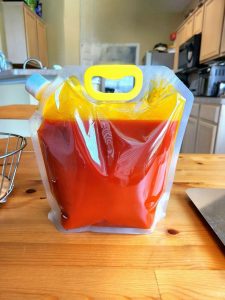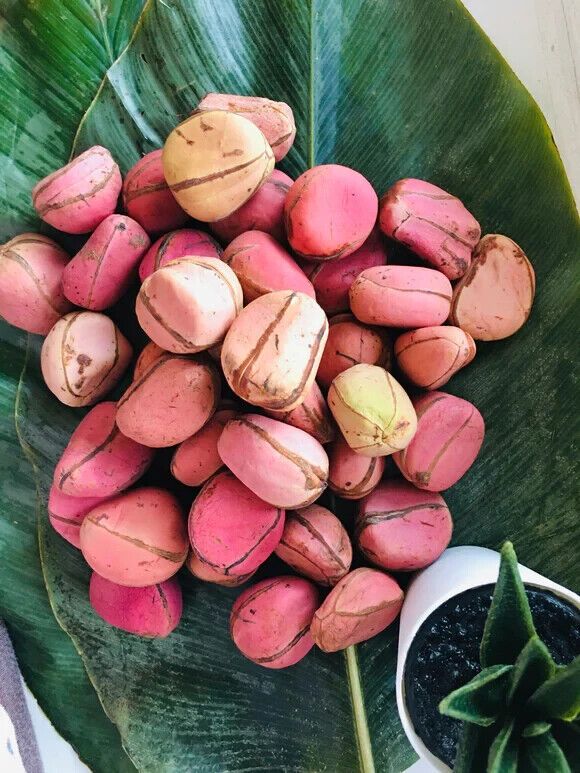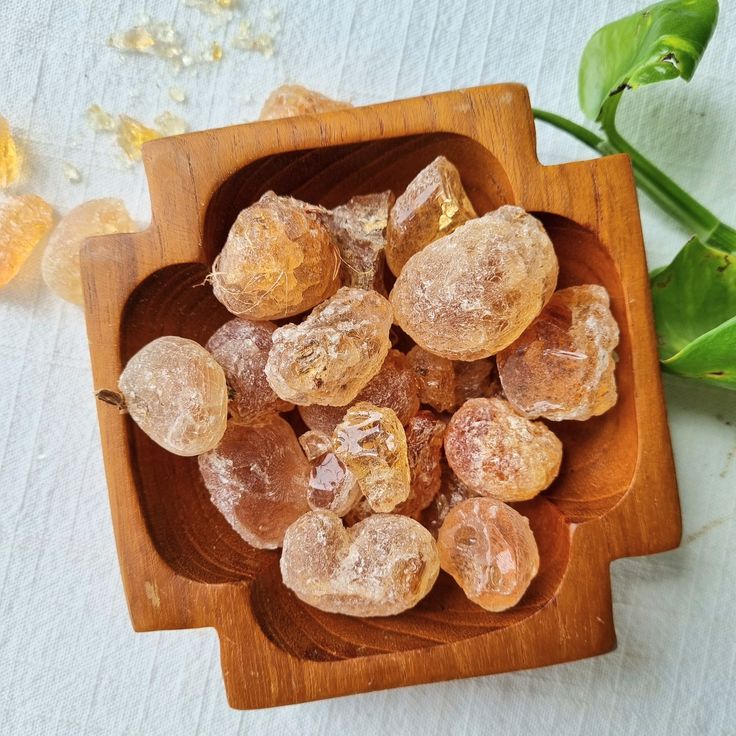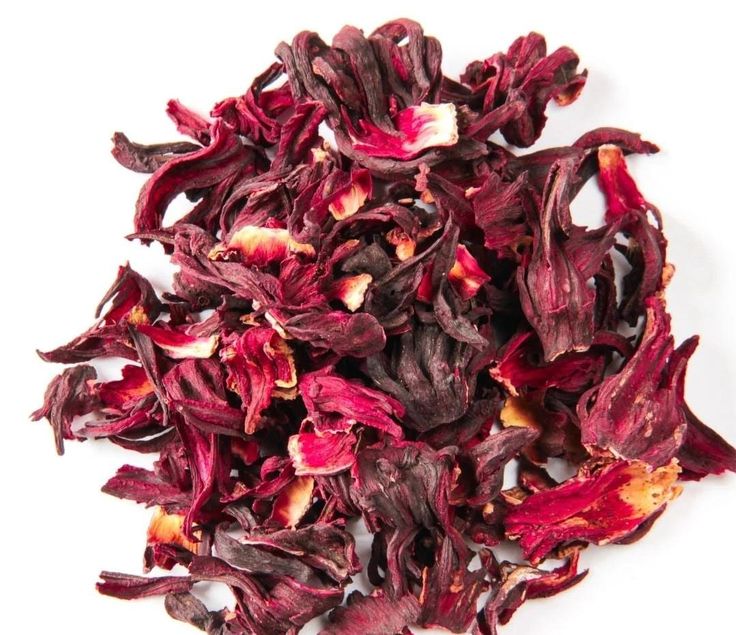What It Is
Palm oil is a highly versatile edible vegetable oil extracted from the fruit of the oil palm tree (Elaeis guineensis), which is native to West Africa but is now cultivated widely in tropical regions. Nigeria is one of the world’s leading producers of palm oil, with a long history of production and export dating back to the pre-colonial trade era.
The oil is reddish in color due to its high beta-carotene content and is valued for its wide range of applications, including food, cosmetics, industrial, and biofuel industries. Both crude palm oil (CPO) and refined, bleached, and deodorized (RBD) palm oil are traded internationally.

Nutritional & Chemical Composition
-
Rich in Carotenes (Vitamin A precursors) – beneficial for vision and immune health.
-
High in Vitamin E (tocotrienols and tocopherols) – powerful antioxidants.
-
Balanced Fatty Acid Composition: ~50% saturated, 40% unsaturated, 10% polyunsaturated.
-
High Oxidation Stability – long shelf life, making it suitable for global trade.
Export Significance of Palm Oil
Palm oil is one of Nigeria’s top export commodities due to:
-
High demand across Asia, Europe, and the Middle East.
-
Usage in food production (cooking, margarine, bakery, confectionery).
-
Non-food industries: cosmetics, soap, pharmaceuticals, detergents.
-
Industrial applications: lubricants, surfactants, biodiesel.
Global Market & Demand
-
Asia (India, China, Malaysia, Indonesia): Largest importers for food and industrial use.
-
Europe (Netherlands, UK, Germany): Heavy demand for refined palm oil and derivatives in food and cosmetics.
-
Middle East & North Africa: Strong demand for cooking oil and packaged refined oil.
-
United States: Growing use in processed foods and biodiesel production.
Palm oil is one of the most traded vegetable oils in the world, with over 70 million metric tons consumed annually.
Industrial & Commercial Uses of Palm Oil
-
Food Industry
-
Cooking oil, margarine, and spreads
-
Bakery shortening and confectionery fats
-
Instant noodles and snacks
-
Ice cream and non-dairy creamers
-
-
Cosmetics & Personal Care
-
Soaps, detergents, and shampoos
-
Creams, lotions, and lipsticks
-
Essential oil carrier base
-
-
Industrial Applications
-
Lubricants and greases
-
Surfactants and emulsifiers
-
Paints, coatings, and resins
-
-
Energy Sector
-
Biodiesel feedstock
-
Bio-lubricants
-
Export Forms
Palm oil can be exported in different grades and forms depending on the buyer’s requirement:
-
Crude Palm Oil (CPO): Unrefined oil with reddish color.
-
Refined, Bleached & Deodorized Palm Oil (RBDPO): Clear, light-colored oil for food & cosmetics.
-
Palm Kernel Oil (PKO): Extracted from the kernel/seed, used in soaps and cosmetics.
-
Palm Fatty Acid Distillate (PFAD): By-product used in animal feed and biodiesel.
Export Packaging & Shipping
-
Jerrycans (10L, 20L, 25L) – mostly for retail and small bulk buyers.
-
Plastic Drums (200L) – common for medium-scale export.
-
Flexi Tanks (20–24 MT capacity) – for large-volume bulk shipments.
-
IBC Tanks (1000L) – for industrial buyers.
Packaging must meet export destination regulations regarding labeling, hygiene, and material safety.
Export Specifications of Palm Oil
1. General Quality Specifications
-
Moisture & Impurities: ≤ 0.1%
-
Free Fatty Acid (FFA): ≤ 5% (CPO) / ≤ 0.1% (RBDPO)
-
Iodine Value: 44–58
-
Color (Lovibond 5¼” cell): 15R max
-
Peroxide Value: ≤ 10 meq O₂/kg
2. Nigerian Palm Oil Grades
-
Grade 1 (Premium Food Grade): Golden-red, low FFA, used for direct consumption.
-
Grade 2 (Industrial Grade): Slightly higher FFA, suitable for soap/cosmetic production.
-
Palm Kernel Oil (PKO): Light yellow, rich in lauric acid, high demand in cosmetics.
3. International HS Codes
-
1511.10 – Crude Palm Oil
-
1511.90 – Refined Palm Oil
-
1513.21 – Crude Palm Kernel Oil
-
1513.29 – Refined Palm Kernel Oil
Nigerian Palm Oil Export Potential
Nigeria, being the 5th largest producer globally, has huge export potential if production is scaled up to meet international demand. Challenges like low mechanization, storage issues, and inconsistent quality control remain, but opportunities exist for:
-
Exporting to Europe, Asia, and Middle East.
-
Supplying niche organic palm oil markets in the US and EU.
-
Adding value through refining, bottling, and branding for diaspora communities.
In Summary
Palm oil is one of the most profitable agricultural exports, with steady global demand in food, cosmetics, and biofuel sectors. By adhering to quality standards, proper packaging, and international certification, exporters can tap into multi-billion-dollar opportunities in the palm oil trade.








